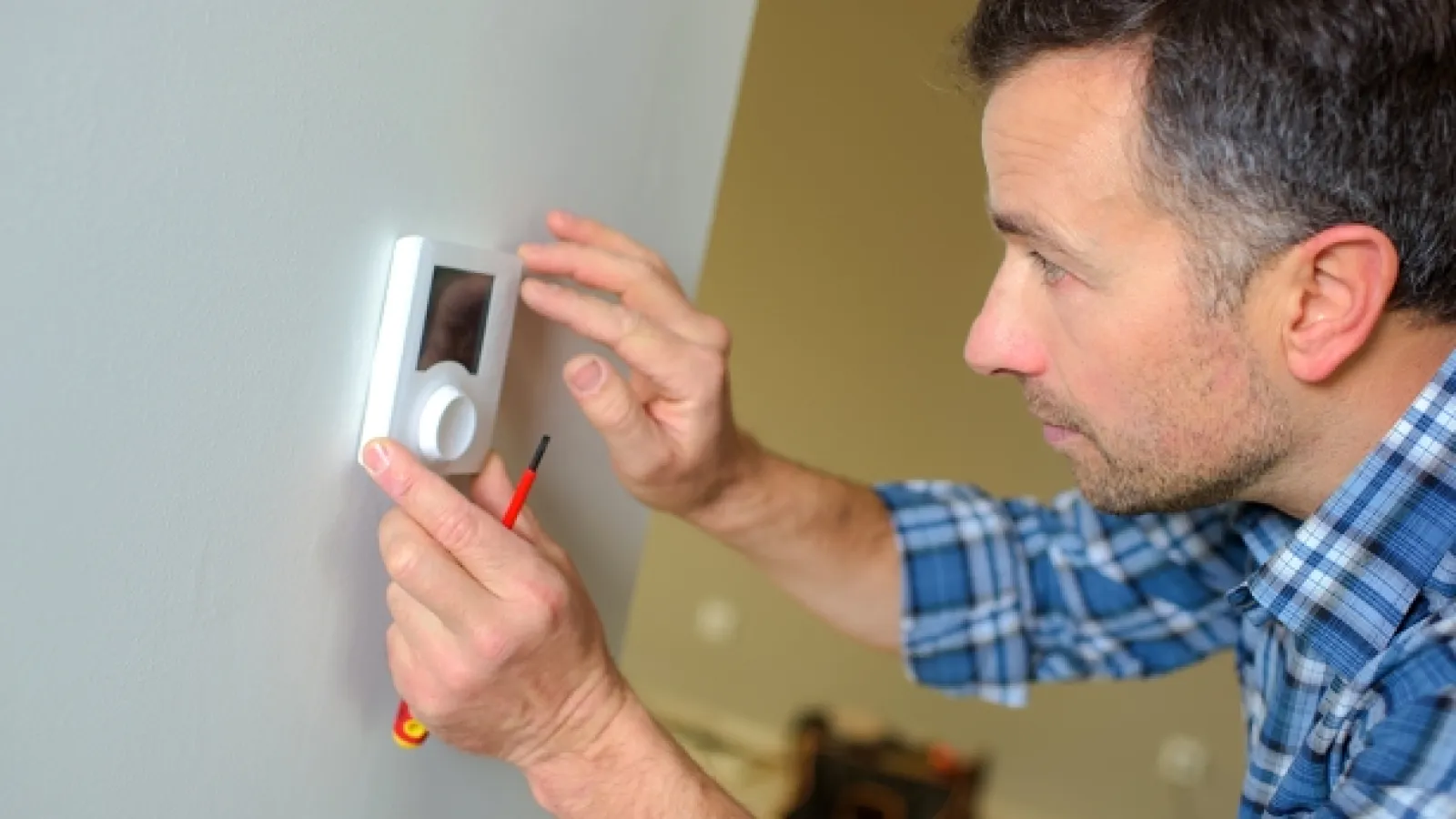Your air-conditioner helps keep your home at a comfortable temperature—whether it's in the middle of sweltering heat or in the depths of a chilly winter. However, since each system has many complex electrical and mechanical components, it's not uncommon for homeowners like you to hear strange noises from time to time, with buzzing being one of the most common.
Sometimes, buzzing is harmless. At other times, it can also be an indication that something is wrong with your unit. By quickly identifying the source of your unit's buzzing, you can take action to resolve the issue before it leads to major problems, expensive AC repairs, or even a system breakdown.
Hearing a buzzing noise, but not sure where to start your search? Don't worry! We'll share some common reasons why HVAC systems make buzzing noises so that you can get to the root of your problem quickly.
Common Causes of Buzzing Noises
Buzzing sounds from your HVAC system can originate from various sources, but they generally fall into three main categories: 1) electrical issues, 2) mechanical issues, and 3) airflow and obstruction issues.
Electrical Issues
Buzzing can often be traced back to loose electrical connections. Worn and loose wire connections caused by improper installation, excessive vibration, regular thermal expansion and contraction, or age can lead to arcing and buzzing. Similarly, corroded terminals can disrupt the electricity flow, increase the chances of arcing or sparking, and result in buzzing sounds. Loose electrical components can also vibrate and buzz when your HVAC system is in use.
Another common source of buzzing is faulty contactors. These electrically controlled switches help manage the flow of electricity to various components within HVAC systems. However, they can deteriorate over time due to repeated arcing, degraded coils, high temperatures, humid environments, and constant vibration. Additionally, worn contact points or debris, such as dust or dirt, between the contacts can impact operations and produce buzzing sounds.
Capacitor problems are also a significant source of buzzing noises. If your start capacitor fails, your HVAC unit may struggle to start, resulting in a buzzing noise as it repeatedly attempts to start. Similarly, a failing run capacitor can stress your entire system, leading to overheated components and potentially resulting in humming or buzzing noises.
Mechanical Issues
When it comes to mechanical issues that can cause buzzing noises, one of the most common culprits is loose components. Things like mountain brackets, fan blades, access panels, and ductwork connections can loosen over time due to vibrations or regular wear and tear. As your unit runs, it can cause these loose parts to vibrate against other surfaces, resulting in a persistent buzzing sound.
Mechanical issues often arise in fan motors, particularly as they age. With regular use, fan blades can become unbalanced, causing them to wobble and create buzzing or humming sounds. You can also encounter problems with worn bearings or motor mounting issues, which can result in excessive vibration and produce buzzing noises.
Additionally, you'll want to be wary of compressor issues. Like most other components in your HVAC system, the compressor is susceptible to internal mechanical wear. After all, it cycles on several times per hour to help pressurize and circulate refrigerant throughout the system. Internal components may begin to break down, refrigerant levels can become unbalanced, and the compressor itself can start overheating, all of which can strain your compressor and lead to buzzing.
Airflow and Obstruction Issues
Sometimes, the issue isn't electrical or mechanical at all. Instead, a restricted airflow or a physical obstruction may be the source of the buzzing noise.
Air filters can become clogged with dust, dirt, pollen, pet hair, and other debris over time, especially if they are not regularly cleaned or replaced. This restricts airflow and forces your HVAC system to work harder than usual to continue circulating air. The resulting strain can cause vibrations and buzzing sounds. If you have a low-quality air filter, you'll need to be extra cautious, as it can fill up even more quickly.
It's also a good idea to check for blocked HVAC vents or returns. Furniture, curtains, rugs, boxes, and other objects placed too close can block airflow, straining your HVAC system and potentially leading to a buildup of pressure and buzzing noises. Additionally, closed dampers or debris inside your HVAC ductwork can further reduce air movement, worsening your problem.
In some cases, HVAC evaporator coils freeze due to poor air circulation, a dirty filter, low refrigerant levels, or a buildup of dirt and debris. This ice accumulation not only worsens the airflow but can also cause vibrations and buzzing sounds.
Schedule Atlanta HVAC Repair Service Today
If you've noticed a buzzing noise coming from your unit, do not ignore it. Chances are, it's a warning sign that something's wrong with your unit. It's best to leave it to a licensed and trained Atlanta HVAC technician.
After all, a licensed HVAC technician can quickly and accurately diagnose the source of your buzzing and take the appropriate steps to ensure your system runs as efficiently, reliably, and quietly as possible. They can even catch problems early, saving you from costly repairs down the road.
Schedule service online today or call us. It's that Easy; It's Estes!


